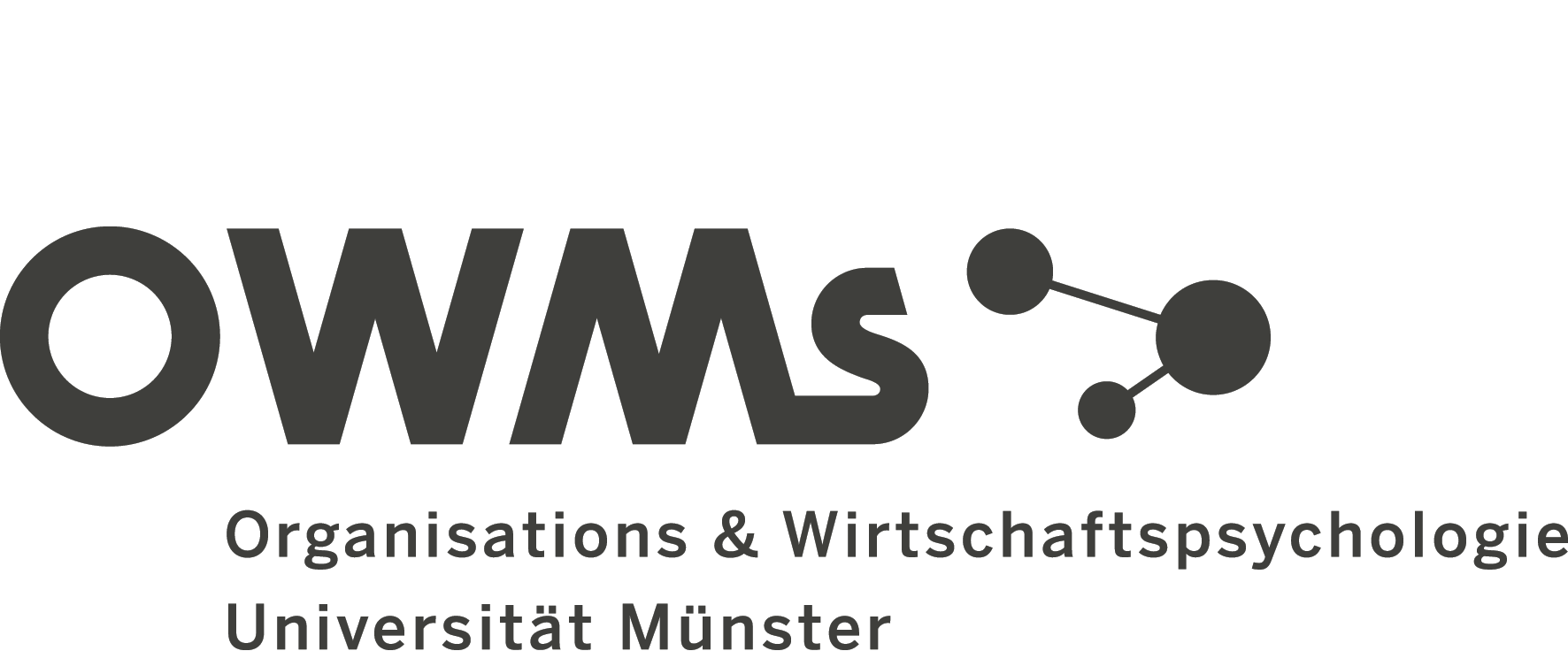
User Experience
The term user experience encompasses all experiences when interacting with digital products and services, such as computers, the Internet or other IT systems. In addition to the current experience, this also includes expectations for possible future use. Nowadays, we encounter the variety of computer-based applications and information technologies in a multitude of areas of life and accordingly also have an enormous influence on the world of work. Accordingly, the study of user experience brings together disciplines such as psychology, design, ergonomics, computer science, and economics.
Our research is particularly concerned with the World Wide Web and information systems in the workplace. In the area of new media, three aspects of websites prove to be central: Content, Usability and Aesthetics. Our questions are
a) how people perceive the Web and related interactive technologies,
b) how these experiences can be psychometrically validated, and
c) which consequences result from the user experience for private and working life.
However, the Web is only one important tool of modern digitized work. In addition, a wide variety of computer-based information systems are used today. A central question is how employees in organizations work with these systems, what are the supporting and hindering factors. These are the topics we are currently addressing in the project "Getrost Vergessen: Motivationale and emotionale Einflüsse auf intentionales Vergessen in Organisationen" (funded by the German Research Foundation). Further information can be found at getrost-vergessen.de.
selected Publications
Müller, L. S., Nohe, C., Reiners, S., Becker, J., & Hertel, G. (2026). Building trust in workplace information systems: a four-company study. Behaviour & Information Technology, 45(3), 388–408. https://doi.org/10.1080/0144929X.2025.2518236 [Open Access]
---------------
Müller, L. S., Nohe, C., Reiners, S., Becker, J., & Hertel, G. (2024). Adopting information systems at work: a longitudinal examination of trust dynamics, antecedents, and outcomes. Behaviour & Information Technology, 43(6), 1096–1128. https://doi.org/10.1080/0144929X.2023.2196598
---------------
Eisbach, S., Daugs, F., Thielsch, M. T., Böhmer, M., & Hertel, G. (2023). Predicting Rating Distributions of Website Aesthetics with Deep Learning for AI-Based Research. ACM Transactions on Computer-Human Interaction (TOCHI). 30, 3, Article 37, 1-28. https://doi.org/10.1145/3569889
---------------
Reiners, S., Müller, L.S., Becker, J., Hertel, G. (2022). Measuring the Influence of Characteristics on Decision-Making Scenarios: A Prototype. In: Stephanidis, C., Antona, M., Ntoa, S. (eds) HCI International 2022 Posters. HCII 2022. Communications in Computer and Information Science, vol 1580. Springer, Cham. https://doi.org/10.1007/978-3-031-06417-3_52
---------------
Hertel, G. & Meeßen, S. M. (2020). Wie Technologien das Vergessen unterstützen – und warum das wichtig ist. Wirtschaftspsychologie aktuell, Heft 1 2020, S. 38-42. https://www.psychologenverlag.de/Produkte/dCatID/162/pid/761/backLink/Produkte__catID__162
---------------
Hertel, G., Meeßen, S. M., & Höddinghaus, M. (2020). Trust in the Context of e-HRM. In Bondarouk, T. & Fisher, S. (Eds.), Encyclopedia of Electronic HRM (pp. 76–81). Berlin: De Gruyter Oldenbourg. https://doi.org/10.1515/9783110633702-012. [PDF]
---------------
Meeßen, S.M., Thielsch, M. T., Riehle, D. M. & Hertel, G. (2020). Trust is Essential: Positive Effects of Information Systems on Users’ Memory require Trust in the System. Ergonomics, 63 (7), 909-926. https://doi.org/10.1080/00140139.2020.1758797
---------------
Müller, L. S., Meeßen, S. M., Thielsch, M. T., Nohe, C., Riehle, D. M., & Hertel, G. (2020). Do not Disturb! Trust in Decision Support Systems improves work outcomes under certain conditions. MuC '20: Proceedings of the Conference on Mensch und Computer 2020, pp. 229–237. New York: ACM. https://doi.org/10.1145/3404983.3405515
---------------
Hertel, G., Meeßen, S. M., Riehle, D. M., Thielsch, M. T., Nohe, C., & Becker, J. (2019). Directed forgetting in organisations: The positive effects of decision support systems on mental resources and well-being. Ergonomics, Vol. 62 (No. 5), 597-611. doi: https://doi.org/10.1080/00140139.2019.1574361
---------------
Thielsch, M. T., Engel, R. & Hirschfeld, G. (2015). Expected usability is not a valid indicator of experienced usability. PeerJ Computer Science, 1:e19. http://dx.doi.org/10.7717/peerj-cs.19
---------------
Thielsch, M. T., Blotenberg, I. & Jaron, R. (2014). User evaluation of websites: From first impression to recommendation. Interacting with Computers, 26 (1), 89-102. http://dx.doi.org/10.1093/iwc/iwt033
---------------
Thielsch, M. T. & Hirschfeld, G. (2012). Spatial frequencies in aesthetic website evaluations – explaining how ultra-rapid evaluations are formed. Ergonomics, 55 (7), 731-742. http://dx.doi.org/10.1080/00140139.2012.665496
---------------
Moshagen, M. & Thielsch, M. T. (2010). Facets of visual aesthetics. International Journal of Human-Computer Studies, 68 (10), 689-709. http://dx.doi.org/10.1016/j.ijhcs.2010.05.006

